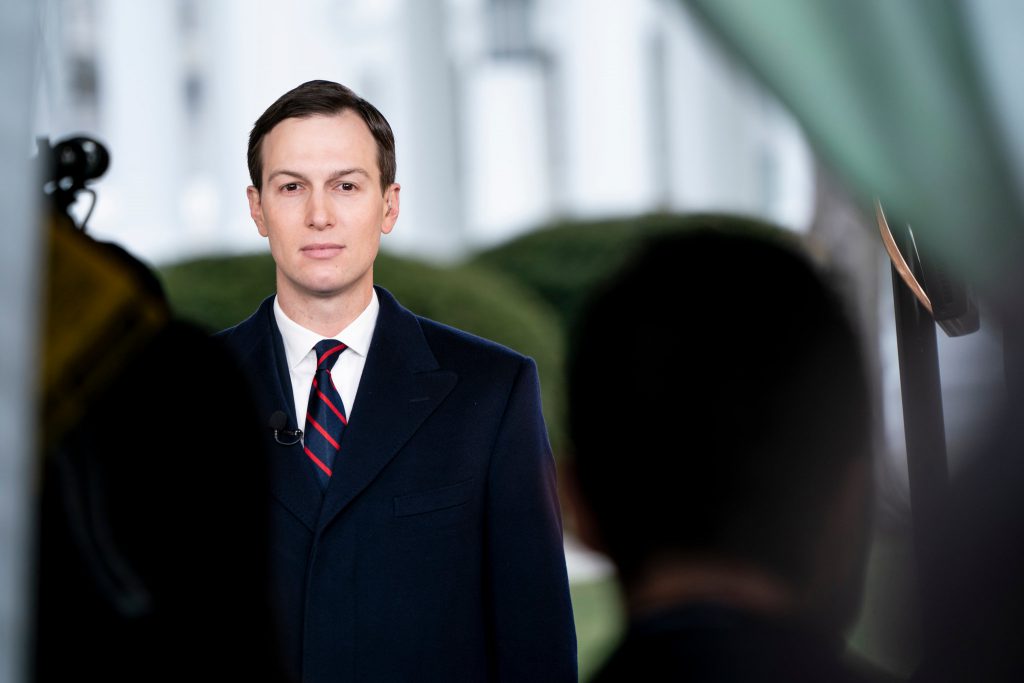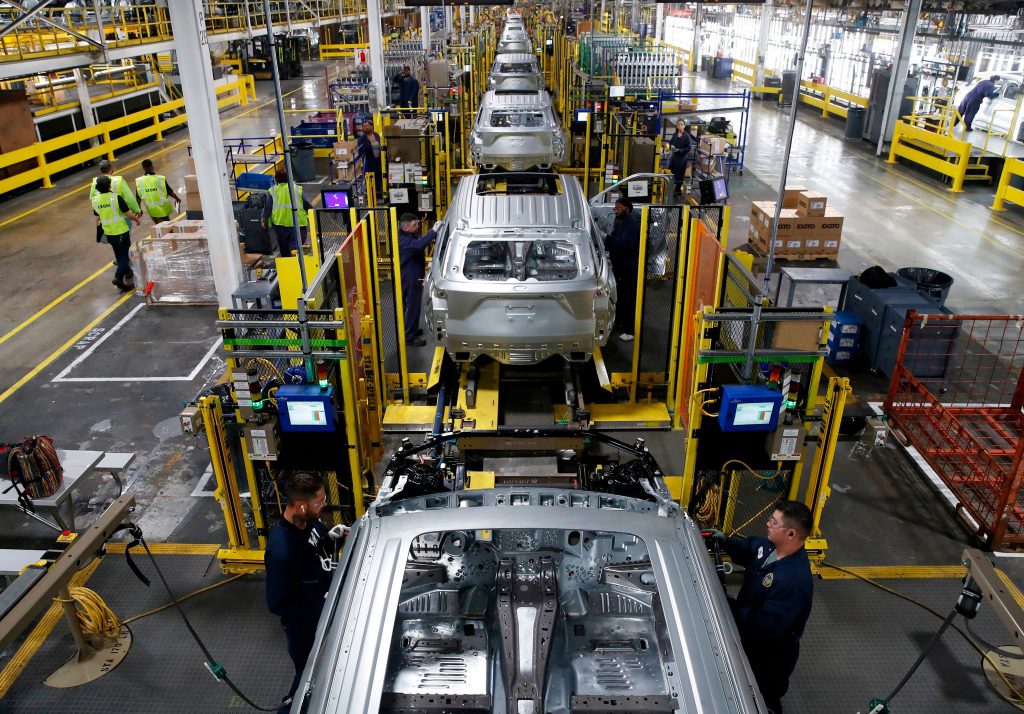Don’t Play Favorites in Doling Out Supplies to States

Readers worry that politics will get in the way of providing essential equipment to the states that need it most. Also: Betting on Mike Pence; the new fuel economy rule.

To the Editor:
Re “Trump’s Son-in-Law Puts Himself in Middle of Response” (news article, April 3):
Your report that supplies needed by hospitals to deal with the Covid pandemic were being dispatched to states that had not even submitted requests “based on which governor got Mr. Trump on the telephone” is deeply troubling. Most obviously, allocating scarce resources without oversight and triage by knowledgeable experts puts lives at risk. Moreover, there is a risk of further politicization of the nation’s response to the health care crisis.
With the Department of Health and Human Services preparing to distribute $100 billion of CARES Act funds to hospitals and other health care providers around the country, it is appropriate to worry that the Electoral College map might play a large role in the allocation.
Thomas L. Greaney
Santa Cruz, Calif.
The writer is a law professor at the University of California Hastings College of Law and a former assistant section chief, Antitrust Division, with the Justice Department.
To the Editor:
Re “Updated Guidelines Show Tensions Between Trump and His Medical Advisers” (news article, April 4):
So Jared Kushner believes: “The notion of the federal stockpile was it’s supposed to be our stockpile. It’s not supposed to be states’ stockpiles that they then use.”
What in the world is the federal stockpile for, if not to relieve shortages around the country in situations exactly like the one we are in? Or does Mr. Kushner believe that the federal stockpile is there so that his father-in-law can provide goodies to his friends and deny them to those he doesn’t like?
Martha Ackelsberg
New York
The writer is professor emerita of government and of the study of women and gender at Smith College.
Game of Pence
I would like to recommend a new game called Game of Pence.
The Game of Pence begins by having each player ante $1 into the pot. Next, each player writes down the number of times Vice President Mike Pence will invoke President’s Trump’s name in the daily Covid-19 news conference.
Every time Mr. Pence does mention Mr. Trump’s name, each player adds 25 cents to the pot. At the end of the news conference, the player with the closest guess gets the pot. Lots of fun while watching.
The New Fuel Economy Standard

“Climate Progress Stalls Again, Thanks to Trump’s New Auto Rules,” by Daniel F. Becker and James Gerstenzang (Op-Ed, nytimes.com, April 1), about new fuel economy and carbon dioxide emissions standards, was off base.
In 2012, the Environmental Protection Agency and the Department of Transportation set high targets and committed to look at the situation again in a few years. This administration followed through.
The 2012 rule’s predictions were wrong. Gas prices are much lower. Automakers invested billions in expensive technologies, but they fall short because American families decided that they prefer trucks and SUVs to compact passenger cars.
You can’t pay for a new vehicle using fuel savings projected across several decades, and you can’t benefit from modern safety technologies if you can’t afford a newer vehicle.
These inconvenient facts led us to a different conclusion. Establishing tough but realistic standards will save about $100 billion in unnecessary regulatory costs — costs baked into sticker prices — helping millions of Americans afford newer, safer, cleaner vehicles.
And because newer vehicles are safer than ever, the SAFE Vehicles Rule will prevent 3,300 crash fatalities. The rule does not touch the Environmental Protection’s strict antipollution standards, and new vehicles added to the fleet will be cleaner than the older vehicles they replace.
James Owens
Anne Idsal
Washington
Mr. Owens is acting administrator of the National Highway Traffic Safety Administration. Ms. Idsal is principal deputy assistant administrator of the Environmental Protection Agency’s Office of Air and Radiation.
-
Latest News
-
Top Posts in April



















Comments